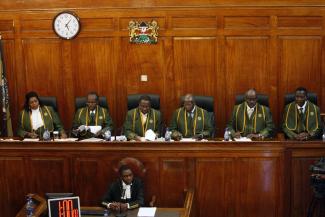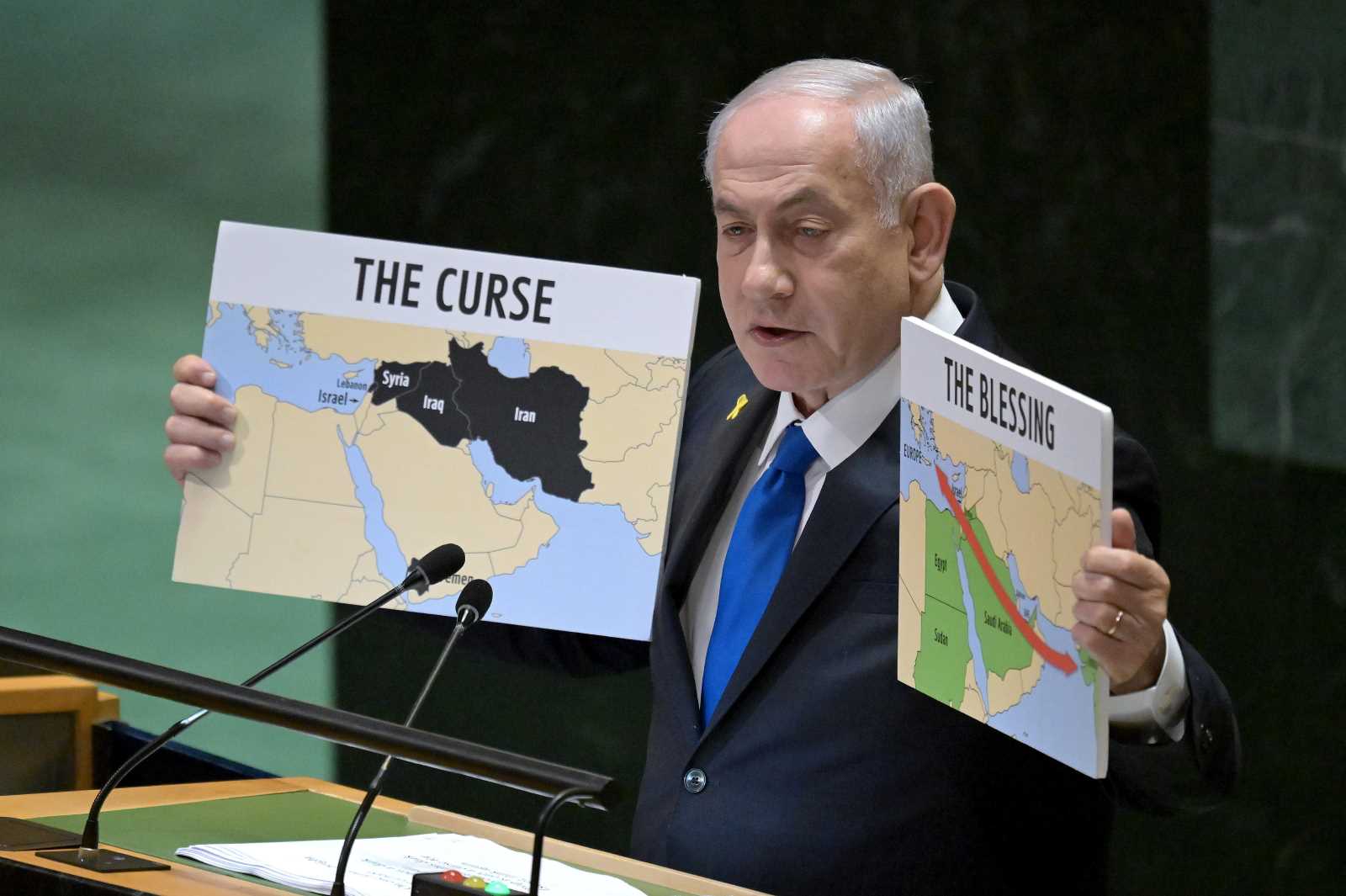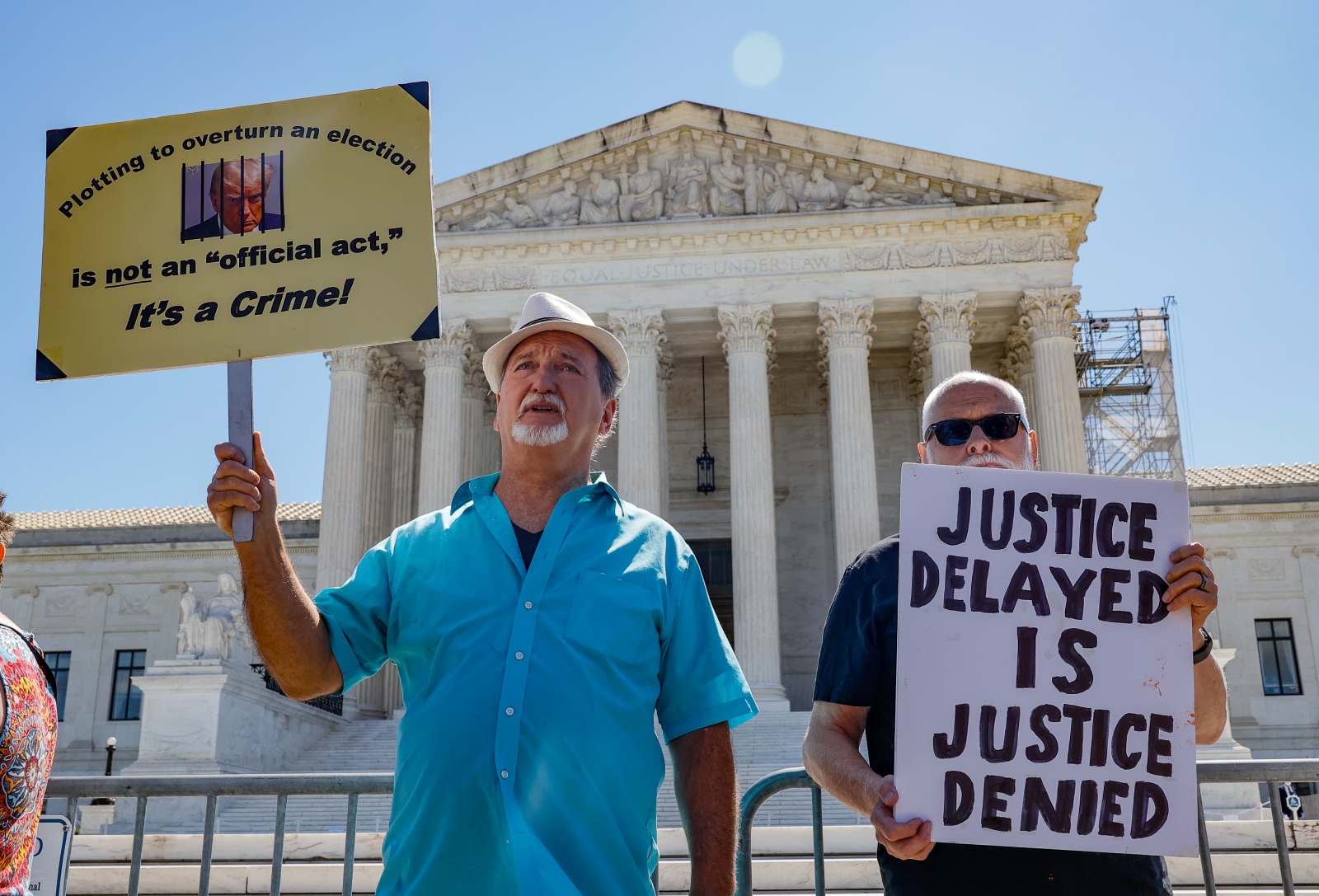Editorial
Judging the judges

The rule of law is indispensible for good governance. If people trust judicial institutions, they will not feel the need to take the law into their own hands. As a result, a state monopoly on the use of force becomes feasible, which in turn safeguards peace. If people trust judicial institutions, moreover, they will know that contracts are enforceable by the courts, so doing business in a market economy becomes safer and more dynamic.
Both peace and business have international dimensions. It makes sense to have an International Criminal Court that can step in when judiciaries in post-conflict countries are not in a position to deal with crimes committed in recent civil strife. And there is an obvious reason for trade agreements often including paragraphs on dispute resolution. Both approaches are contested, however, because they limit national sovereignty. Finding the right balance is no trivial matter. It is less problematic to renounce national sovereignty for the sake of tackling crimes of the past, however, than to limit a nation’s policy space in the future.
To some extent, the rule of law is possible without democracy if unelected leaders accept judicial review. A democracy, however, is impossible without the rule of law. It depends on constitutional principles being guaranteed.
Courts must be independent. If they are subordinate to another power, they lose their credibility. In the history of political-economy philosophy, the rule of law and democracy emerged more or less as twin concepts. It is a serious challenge that the top-judges reign supreme, but there can be no temporal authority above or beyond them. An important consequence is that, to maintain their credibility, judges’ conduct must be impeccable. They must stick to the procedures that are designed to lead to convincing judgements. They must hear all relevant witnesses in public. And they must deliver well-reasoned judgements.
In a democracy, however, no institution may be beyond criticism. The top tier of the judiciary, which cannot be held accountable by any authority, must accept public debate of its action. Accordingly, the media, scholars and people in general must be free to discuss and assess judicial action in rational debate.
Human beings and their institutions are never perfect. Some court rulings will always be controversial. It is not a healthy sign when a country’s top-level judges must decide on the outcome of elections – as happened in Kenya this year and in the USA in 2000. It is better, however, to have the judges settle such matters than to slide into civil strife. Even if the judges’ authority may not be beyond every doubt, their job is to prevent constitutional crises from getting worse.












